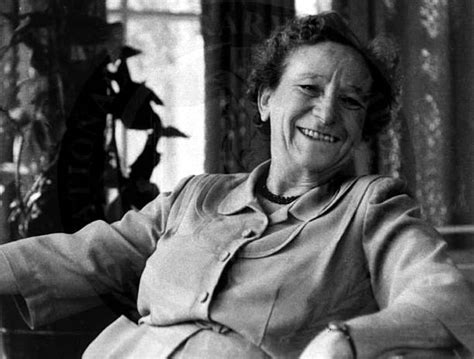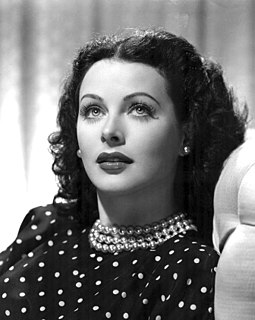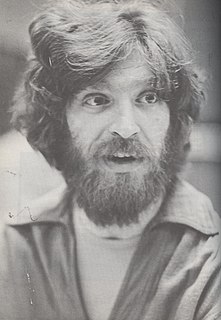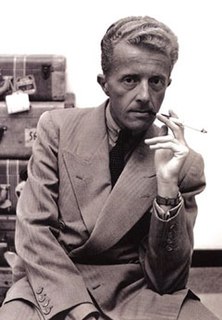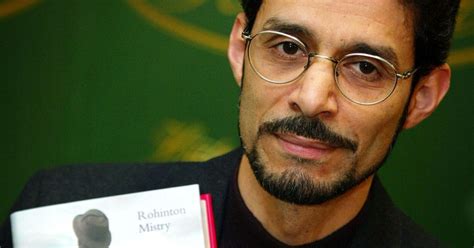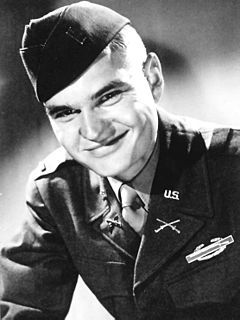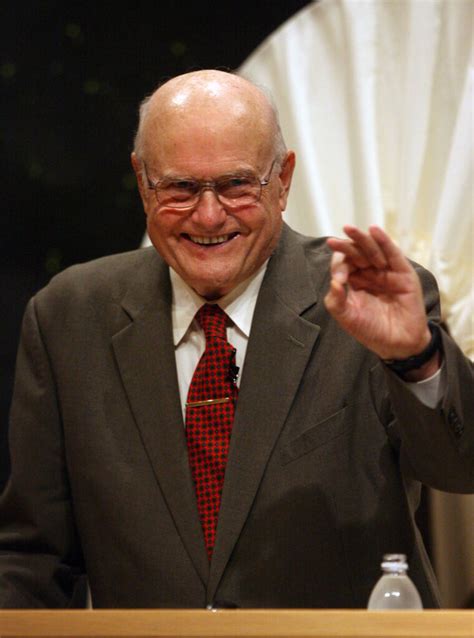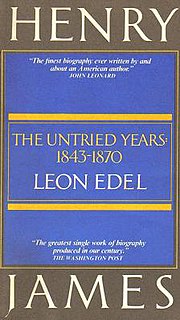A Quote by R. D. Laing
The psychiatrist must become a fellow traveler with his patient.
Related Quotes
The need of an insecure psychiatrist to draw security from a virtuous adjustment to the conventionalities of his time and from a quest for approval from "the good and the great" may turn out to be another agent interfering with his ability to listen in a therapeutically valid fashion. This type of dependence gives rise to the danger that the psychiatrist may consider the changeable man-made standards of the society in which he lives to be eternal values to which he and his patients must conform.
Medicine was certainly intended to be a career. I wanted to become a psychiatrist, an adolescent ambition which, of course, is fulfilled by many psychiatrists. The doctor/psychiatrist figures in my writing are alter egos of a kind, what I would have been had I not become a writer - a personal fantasy that I've fed into my fiction.
In actual fact. The manifold sexualities - those which appear with the different ages (sexualities of the infant or the child), those which become fixated on particular tastes or practices (the sexuality of the invert, the gerontophile, the fetishist), those which, in a diffuse manner, invest relationships (the sexuality of doctor and patient, teacher and student, psychiatrist and mental patient), those which haunt spaces (the sexuality of the home, the school, the prison)- all form the correlate of exact procedures of power.
I have heard about a patient - the psychiatrist was bored with him. Of course, he was getting enough money out of him, but he was getting bored by and by - three, four, five years of psychoanalysis, and the man was repeating the same again and again and again. The psychiatrist said, 'Do one thing: go to the mountains for a few days. That will be very helpful.'
If an American is to amount to anything he must rely upon himself, and not upon the State; he must take pride in his own work, instead of sitting idle to envy the luck of others. He must face life with resolute courage, win victory if he can, and accept defeat if he must, without seeking to place on his fellow man a responsibility which is not theirs.


